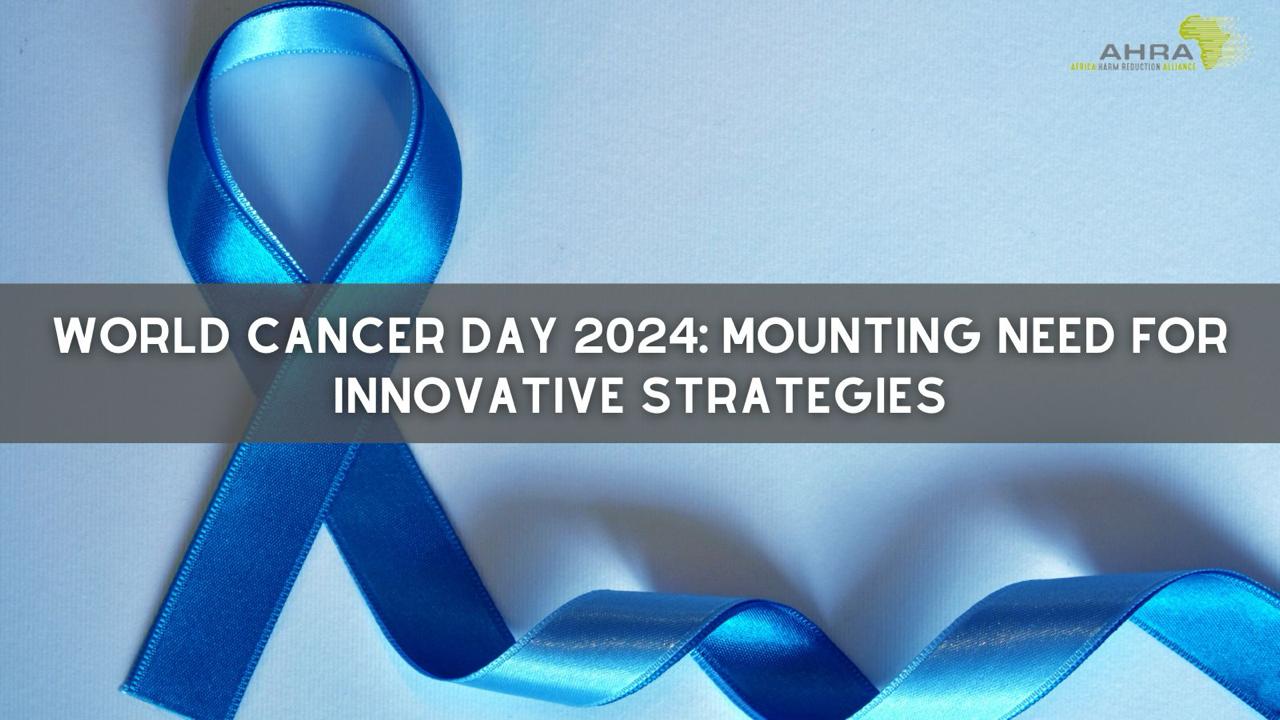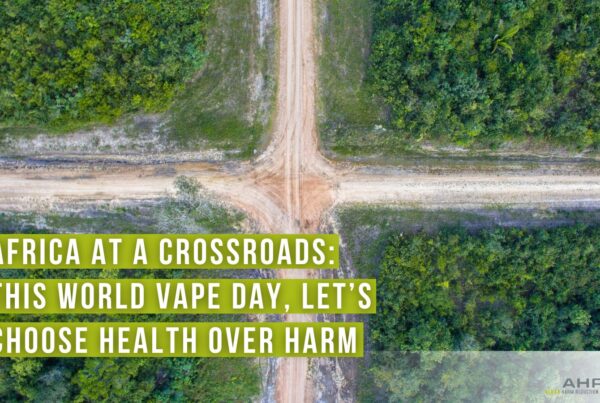Ahead of this Year’s World Cancer Day, which was commemorated on February 4, the World Health Organization (WHO)’s cancer agency, the International Agency for Research on Cancer (IARC), released the latest estimates of the global burden of cancer.
The numbers are stark. About 1.1 million new cases of cancer occur each year in Africa, with about 700,000 deaths. Data estimates show that without urgent and bold interventions, there will be a considerable increase in cancer mortality to nearly one million deaths per year by 2030.
Cancer can be prevented and controlled by implementing evidence-based strategies for cancer prevention, screening, early detection, treatment, and palliative care. With tobacco use being one of the most common modifiable risk factors for cancer, solutions are possible and available, and we as individuals, government, and policymakers can provide means of support, awareness, and prevention of cancer.

Tobacco use is responsible for approximately 22% of cancer deaths, and with this year’s theme being “Close the Care Gap: Uniting our Voices and Taking Action,” it summons like-minded people to be united as we build stronger alliances and new innovative collaborations in the fight against cancer.
Cigarette smokers should not be left behind in the fight against cancer, primarily those in low and middle-income countries, with no effective routes out of smoking. Since it has been established that cigarette smoke has more than 7000 chemicals, with at least 69 known to cause cancer, the immediate way to reduce smoking-related deaths is to focus on current smokers by offering cessation services and adopting harm-reduction strategies.
A wealth of epidemiological evidence from Sweden over many decades shows that the use of snus, a type of traditional oral tobacco, is substantially less risky than smoking. This was confirmed by the US FDA which, in 2019, formally recognized that switching completely from tobacco cigarettes to a snus product can ‘lower the risks of mouth cancer, heart disease, lung cancer, stroke, emphysema, and chronic bronchitis.’
Safer nicotine products have the potential to substantially reduce the global toll of death and disease from smoking and to affect the public health revolution in Africa. There is an urgent need to scale up tobacco harm reduction, to prevent many lives from being lost due to tobacco-related cancers.
THR Topics
Popular Posts
Quick Links
Women in THR
Related Posts
 Letter to the World Health Organization (WHO)
Letter to the World Health Organization (WHO)
Letter to the World Health Organization (WHO)
 Public Health implications of vaping in Germany
Public Health implications of vaping in Germany
Public Health implications of vaping in Germany
 Public Health implications of vaping in the United States of America
Public Health implications of vaping in the United States of America








